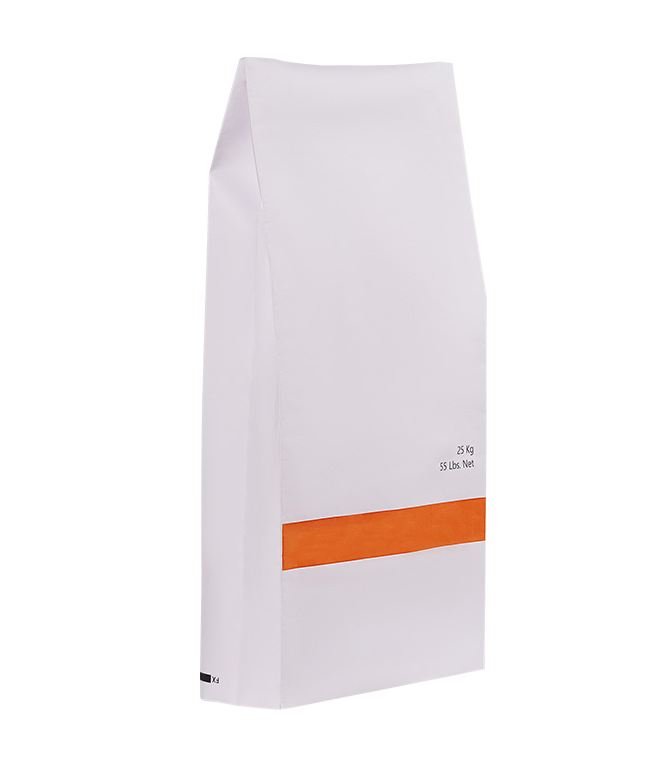Understanding PP Ton Bags In Industrial Supply Chains

PP ton bags have become an integral part of modern logistics and packaging, especially for businesses dealing with powdered, granular, or loose materials. These bags are manufactured using woven polypropylene, offering a balance of strength and flexibility. Their popularity stems from their adaptability to different conditions and purposes.
In industries such as construction, chemicals, mining, and agriculture, handling heavy materials efficiently is essential. PP ton bags are commonly selected because they support large weights while minimizing the risk of spillage or breakage. They also occupy less storage space when empty, as they can be folded flat.
A typical bag may feature four lifting loops, reinforced stitching, and either a spout or a duffle top depending on the filling process. Bottom discharge spouts make unloading materials easier and reduce manual labor. Many bags are coated or lined to shield contents from moisture and contaminants.
Transportation safety is another crucial factor. These bags are designed to endure shifting loads and rough handling during shipping. Their square or tubular shapes help them remain stable when stacked, reducing the risk of tipping.
PP ton bags also play a role in managing logistics costs. Their relatively low weight reduces shipping expenses, while their reusability and recyclability offer added economic and environmental benefits. When properly maintained, they can be refilled and reused for multiple cycles, especially in closed-loop supply chains.
For businesses seeking packaging that supports efficiency, durability, and customizable options, PP ton bags provide a solid foundation. They are practical not just for storing materials, but also for streamlining operations and improving workplace safety.
- Art
- Causes
- Crafts
- Dance
- Drinks
- Film
- Fitness
- Food
- Games
- Gardening
- Health
- Home
- Literature
- Music
- Networking
- Other
- Party
- Religion
- Shopping
- Sports
- Theater
- Wellness


